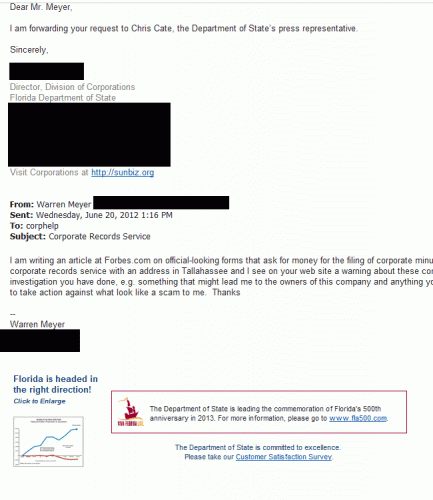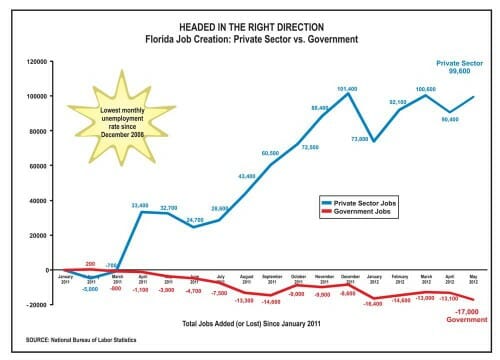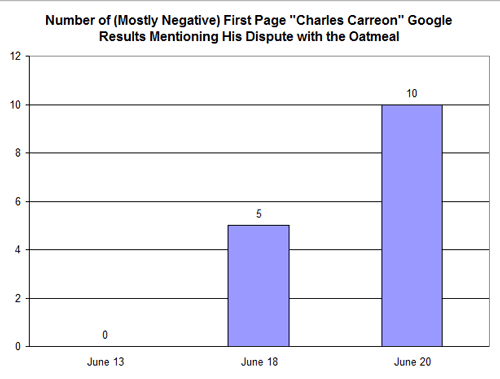The Wall Street Journal editorial page had a piece on the "smearing" of small business. Apparently, in the political battle over Obamacare, the NFIB has become the new target of the left.
I have not seen these attacks on the NFIB, but after the bizarre joint attacks on ALEC, I certainly believe they exist. The WSJ summarizes these attacks this way:
According to the smear campaign against the National Federation of Independent Business, or NFIB, small businesses are thrilled with the Affordable Care Act and the trade group betrayed the 300,000 companies it represents. Among the dozens of media outlets publishing anti-NFIB op-eds disguised as reporting, Reuters recently asked in a headline, "Who truly speaks for small businesses?" The question mark was superfluous.
The chairmen of the House Progressive Caucus, Democrats Raul Grijalva and Keith Ellison, chimed in with a letter accusing the NFIB of acting against "the best interest of small business owners" and "the popular opinion of the American small business community." They suggest Karl Rove is behind the suit, as he is everything else.
As a member of the NFIB (I joined several years ago specifically due to their work on health care) I believe the NFIB addresses issues that really concern our company better than any other group I have found. Certainly they are far better than the Chamber of Commerce, which tends to be a group of large companies more interested in crony handouts than free competition. Members get polled constantly to see what issues we care about and to see what positions we would like the NFIB to take.
This latter process makes the NFIB among the most virtuous of the organizations to which I have belonged. Certainly the Sierra Club, way back when I was a member, never polled me on whether I preferred them to focus their efforts, say, on political activism or true conservation efforts.
I am exhausted by journalists and politicians on the Left who have barely even worked in a profit-making venture, much less run one, who speak with great authority on what small business owners should or should not want. Our company is in the business of making long-term operations bids. For the last three years, we have had to bid two numbers for our expenses, one with Obamacare and (a much lower one) without. Never in 25 years of our history has any external factor, government-drive or not, made this much contingent difference to our bids. So it is simply insulting to be told that it should not make any difference to me, or that its effects will be universally cost-reducing.
Further, it is really, really hard for a small business to parse the impact of Obamacare because it is #$&*#$ hard to figure out just what its provisions are. McDonalds can afford to hire a team of experts to figure it out, and to start gaming it by using its political clout to seek special exemptions and treatment from the Obama Administration. We cannot. The NFIB is the only organization, public or private, in the country that has actually helped us understand the law's requirements. For several years running, they have sent an expert, at their expense, to our industry gatherings to help educate companies on the law.



